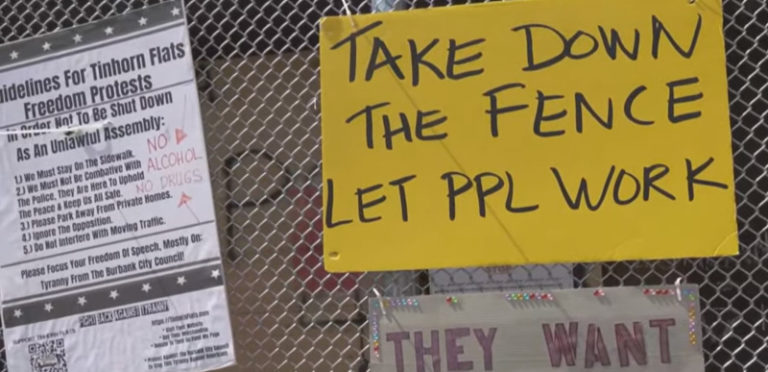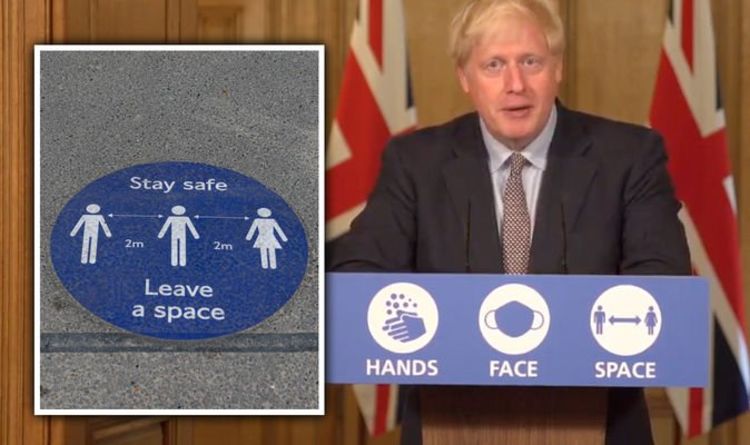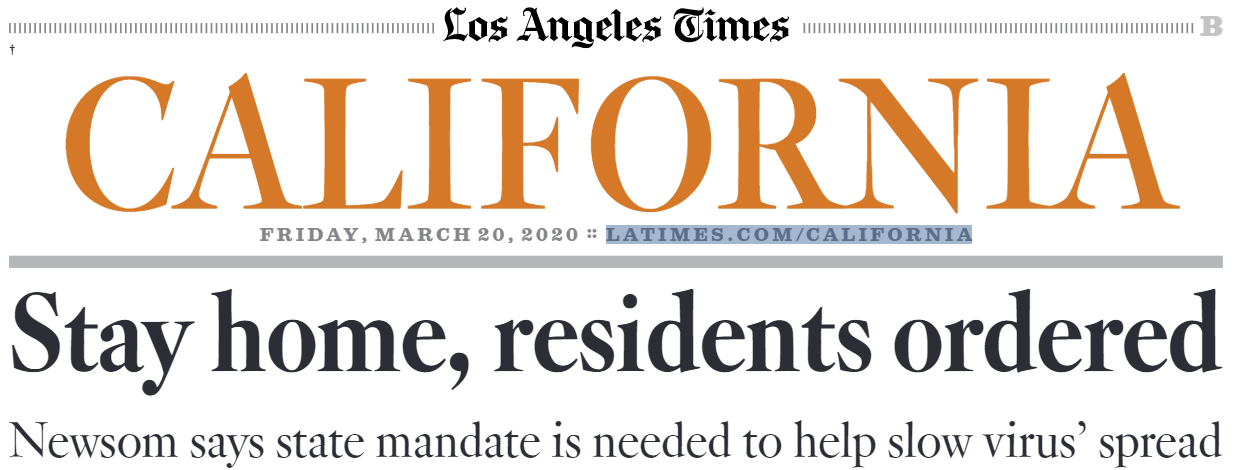
The more hospitalizations we see, the more deaths will be added to the 800,000 American lives lost so far. The bigger the denominator (infected people) gets, the bigger the numerator (hospitalized patients) will too. Even if the variant does tend to cause milder illness on average, as some early indications suggest, a certain percentage of infected people, especially unvaccinated people, is going to end up getting really sick. The omicron variant could definitely push the health system into crisis. “Fatalism is not an effective means of infection control or public health,” Bill Hanage, a Harvard University epidemiologist, told me. Individual people making individual decisions to take the virus seriously - by wearing masks, getting vaccinated, and being thoughtful about what activities they participate in - can help slow down the virus, at least a little bit, and give the health system a fighting chance. But that doesn’t mean apathy is the solution. Covid-19 will always be circulating and the world isn’t going to shut down every time cases rise. So: Nearly two years into the pandemic, a lot of people are simply burnt out. And the helplessness we all feel from the country’s inability to unite against Covid also probably contributes to the collective apathy.” “People build up a tolerance to risk over time, and I think as Covid deaths keep climbing we’re also getting numb to the tragedy as well. But I think our relatively lax response to the rise of omicron is not unexpected,” Kumi Smith, a University of Minnesota epidemiologist, told me. This story originally appeared in VoxCare, our weekly health newsletter in which Dylan Scott guides you through the health care policy news that matters most. Now that the vaccines are available and most US adults are vaccinated, even some Democratic leaders don’t sound interested in any new suite of public health measures that would hit vaccinated and unvaccinated adults alike. It can offer carrots - mobile clinics and ride-sharing programs to vaccine sites - but wields few sticks. The federal government has limited authority to impose its own mask and vaccine mandates, as President Joe Biden’s winter plan for the pandemic tacitly acknowledges.

A return to more drastic lockdown measures appears to be off the table - and some experts think they would be inappropriate now because those policies can have their own negative effects and because vaccines are widely available. Just nine states currently have any kind of mask mandate in place.

Sporting events, concerts, and other large gatherings are happening every day.

Most people say they are still planning to travel to see family and friends for the holidays and they consider those activities to be a small or moderate risk. Meanwhile, the country’s tolerance for public health interventions appears to be shrinking. Now there is the distinct possibility of a repeat of the same catastrophe. This was what more than a year of public health interventions had tried to avoid, and it was happening well after the vaccines had become widely available. Just a few months ago, people in America were dying because hospitals had been overwhelmed with Covid-19 patients and couldn’t find a bed for them. The question is what, if anything, we can do to prevent a worst-case scenario.

As an ongoing wave of delta collides with the new omicron variant just as people are traveling and gathering for the holidays, all signs now point to a massive wave of Covid-19 in the coming months.


 0 kommentar(er)
0 kommentar(er)
